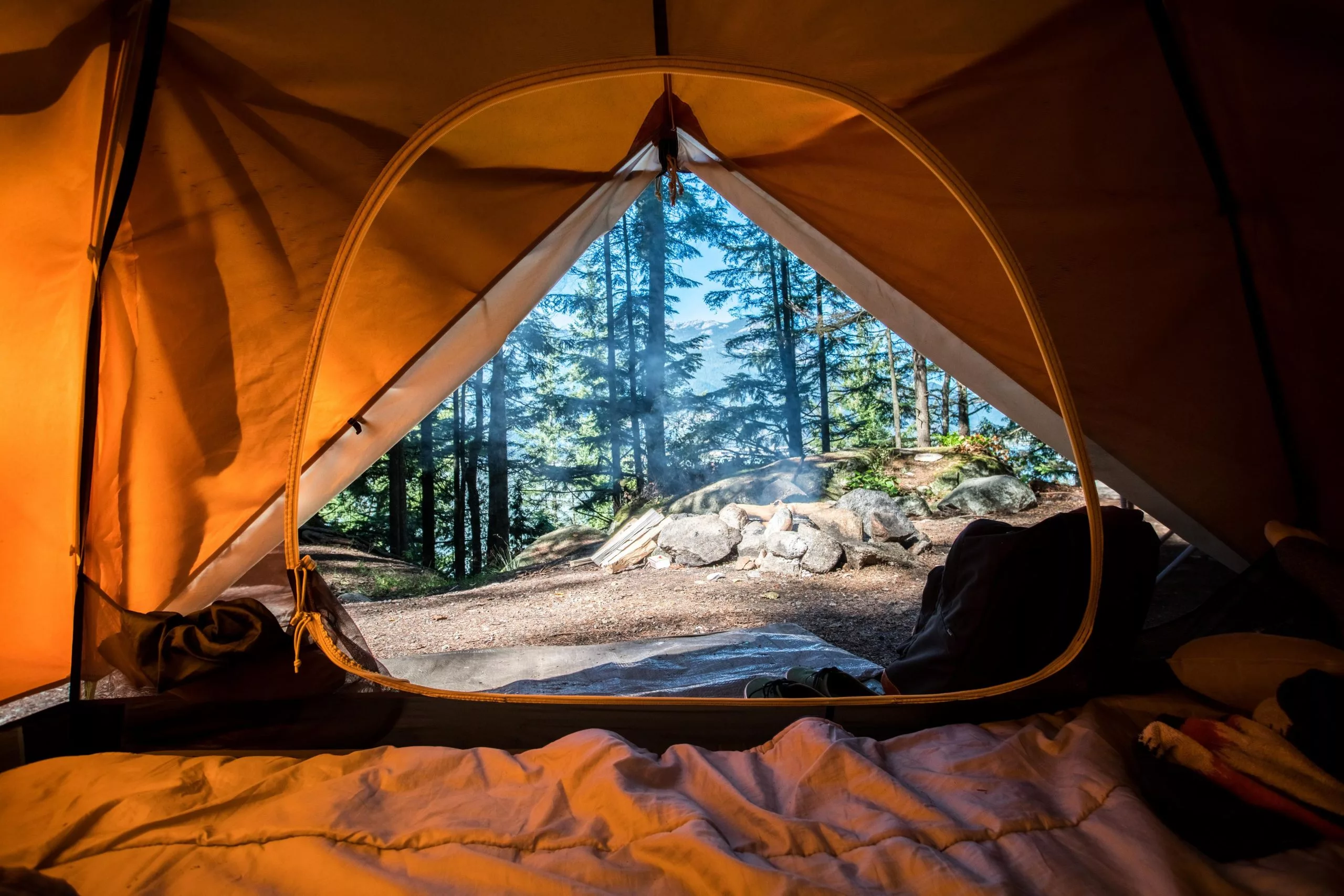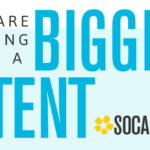In life, especially during these uncertain times, my mind fills with disparate thoughts — many of them negative and unfocused. Camping has always served as a kind of balm for me when I feel overwhelmed: settling a stool by a fire, feeling the cool air, and watching the crackling sparks always brings me to a place of mindfulness. It helps me to calm down, and to feel the possibilities of the world around me.
So much of what I’ve learned from my time in nature has helped me build my company, Thin Air Energy, in a mindful way. Here are three key things camping has taught me about building a sustainable business.
1. Prepare, prepare, prepare.
A successful camping trip is defined by preparation. The means and methods of this preparation are learned by experience — just as I’ve made many lists in anticipation of upcoming camping trips, I’ve learned over years of entrepreneurship how best to build a successful, sustainable business. In camping, as in business, you have to start somewhere your first time, and each new endeavor benefits from prior experience.
In my mind, preparing for a sustainable business requires two things: creating a sustainable business model and creating sustainable products. I focused the preparations and vision for my company on providing goods that will be in constant demand, and have considerable longevity and usefulness.
The inspiration for Thin Air Energy came directly from camping: I was frustrated that I’d brought four fully charged batteries for a trip, and drained all of them in just six hours of video use. So, I created my own energy storage device, GraphCap™, that works like a battery but never fails. It’s manufactured once and used for up to 100,000 cycles — a sustainable product designed to be used for at least a decade.
On that fateful camping trip, I was thoroughly prepared: I set up my camp by a small, dry streambed in a river valley, close to a large river. It was the perfect setup … until the rain started, and wouldn’t stop! Which leads me to my second point.
2. After preparation comes the pivot.
As much as a successful camping trip needs preparation, it’s equally defined by adjustment. One morning on that trip, I woke up after a full night of rain to find water running through the dry streambed. I had to relocate my camp 60-feet above the waterline and several hundred yards away from the river. Adjustment saved my camping trip from disaster. Adjustment often saves businesses, as well. We call that a pivot.
Nature is unpredictable. So is life.
You never know what might be coming down the pike for your business, and staying agile is absolutely the key to staying successful and sustainable.
3. Time away is critical.
Time in nature clears mental logjams. When I camp, the simple and reflective process of continual survival (gathering firewood, ensuring the sleeping bag is well-situated and warm for the night, boiling water for coffee), combined with light exercise, provides a healthy medicine.
Time that we take away from ordinary, daily life — whether that’s camping, fishing, hiking or any number of recreational activities — brings us to a mindful space.
From here, I find that it’s easier to create positive attitudes and bright thoughts. After camping, I always come home with not just a smile on my face, but with new business ideas. Sometimes you have to turn it all off to be able to turn it back on, even brighter than before.
Though at first glance they may appear to be opposites, taking a camping trip and running a sustainable business are birds of a feather. They require planning, agility and mindfulness from start to finish. If you’ve reached a roadblock on your path to career success, who knows — maybe a weekend in the woods will do the trick.







